What if children are online without parental supervision and protection?

Do you remember the first time that you left your kid home alone? Let me guess, it was so stressful that you still feel a lump in the throat just by remembering it. I’m also convinced that you weighed all pros and cons of this big step in your child’s development. Probably postponed it several times before you actually pushed yourself to do it anyway. What about leaving your kid to browse the internet without parental supervision?
Did you have the same level of hesitation then? Or you were more relaxed while leaving your child with the phone in his hands, letting him surf the internet without parental protection?
Whether we like it or not, the online world can be a very dangerous place for your kid to roam by themselves.
What is so dangerous in the online world?
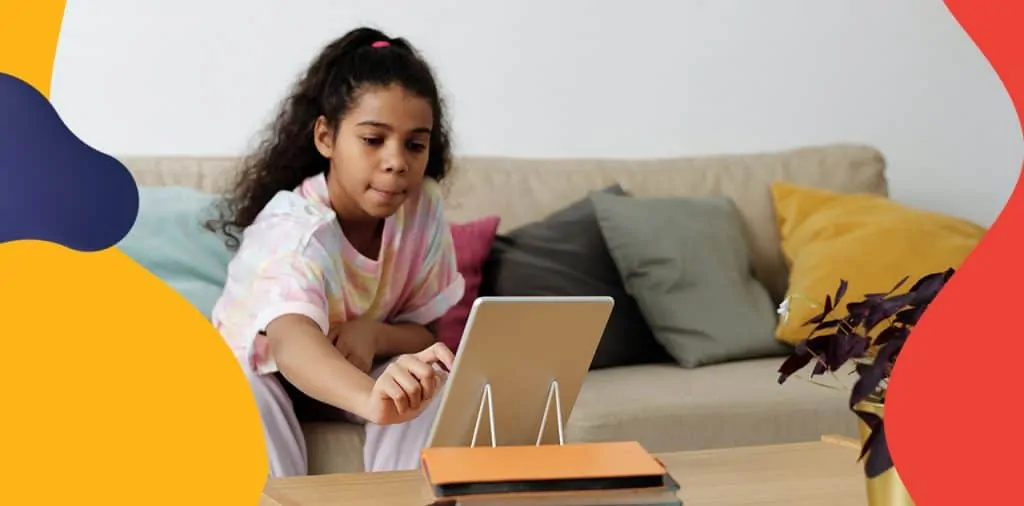
In general, there are two types of risks for kids if unsupervised in the online world. The first risk entails the type of content available on the Internet. You can find the inappropriate content in violent games, YouTube videos, streaming platforms with adult material. Also, without parental supervision on the Internet, your child could be a possible target of cyberbullying or cyberharassment from others online.
The second risk concerns the physical and mental influences of internet use on your child’s development. If your child plays Dota 2 for more than 5 hours per day, there is a risk of eye strain, wrist strain, and other injuries. With their eyes being glued to the screen, kids have a less physical activity which, as a consequence, can lead to a child’s obesity. And if kids are spending more and more time online, Internet addiction becomes a significant problem.
The Latest Study Assessing the Risk of the Lack of Parental Supervision with the Internet Usage
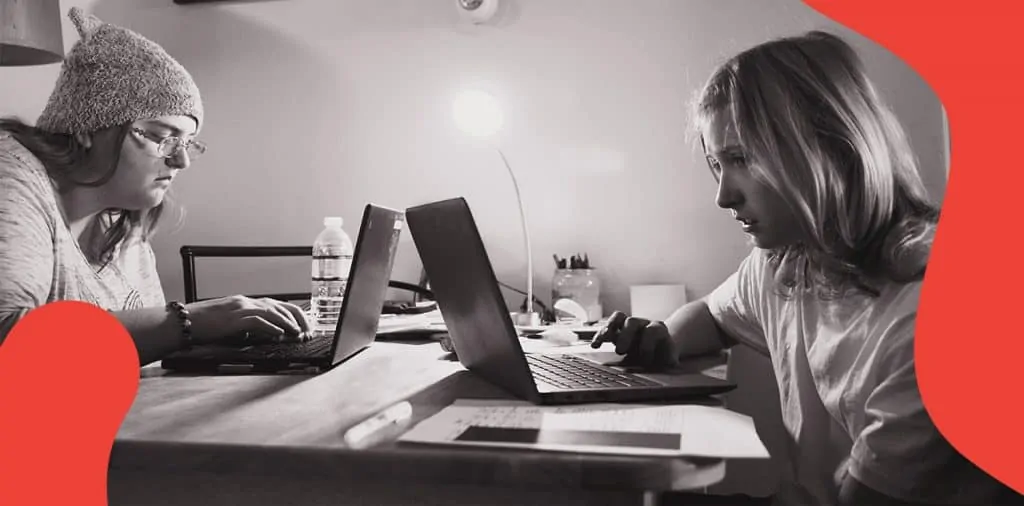
The latest and the most comprehensive study about kid’s online activities carried out by EU Kids Online. This is a multinational research network, which seeks to enhance knowledge of European children’s online opportunities, risks, and safety. The study report presents the findings from a survey of children ages 9–16 from 19 European countries. The sample consists of the answers from 25,101 children, collected between autumn 2017 and summer 2019.
The final conclusions of this research are:
- As internet use (here, the proportion of children who go online daily with their mobile phone) rises in a country, so does the average number of online activities;
- The percentage of children who reported that they had been bothered or upset on the internet was from 7% to 45%;
- Exposure to risk is generally higher than reports of harm, as measured by whether children have been upset or bothered by something online.
The general conclusion of the study is that children cannot develop resilience if they are protected from all forms of risk. Furthermore, such protections are often achieved by also limiting children’s online opportunities. WE can learn a lot from countries in which children encounter as much risk, but less harm. In those countries, the great impact on children online activities have parental mediations and better regulation of platforms.
Inappropriate content experience
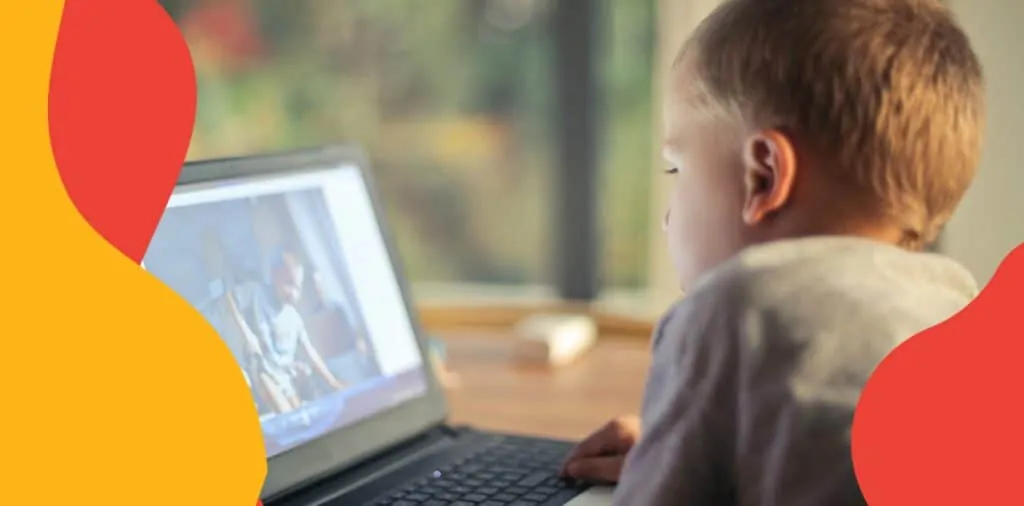
What is good, and at the same time, can pose a challenge, is that the Internet is open to everyone to create content and to post it. Consequently, there is a high chance your kid may stumble upon things they hadn’t been looking for or access sites that are inappropriate for their age.
However, what is inappropriate might vary from one person to another. Inappropriate content can vary from swearing or telling bad words, to pornographic images or videos, violent scenes, criminal behavior. What is inappropriate for your child will also change as they grow and develop.
EU Kids Online survey investigates overall exposure to six types of harmful content in the past year. According to ti the results of this research, on average:
- 17% of all children in the sample were exposed to hate messages,
- 13% of children have seen some violent images,
- 12% have been exposed to content suggesting ways to be very thin,
- 11% of children have found content describing experiences with taking drugs,
- 10% have seen the ways of physically harming themselves,
- 8% have found ways of committing suicide.
Bullies of the online universe
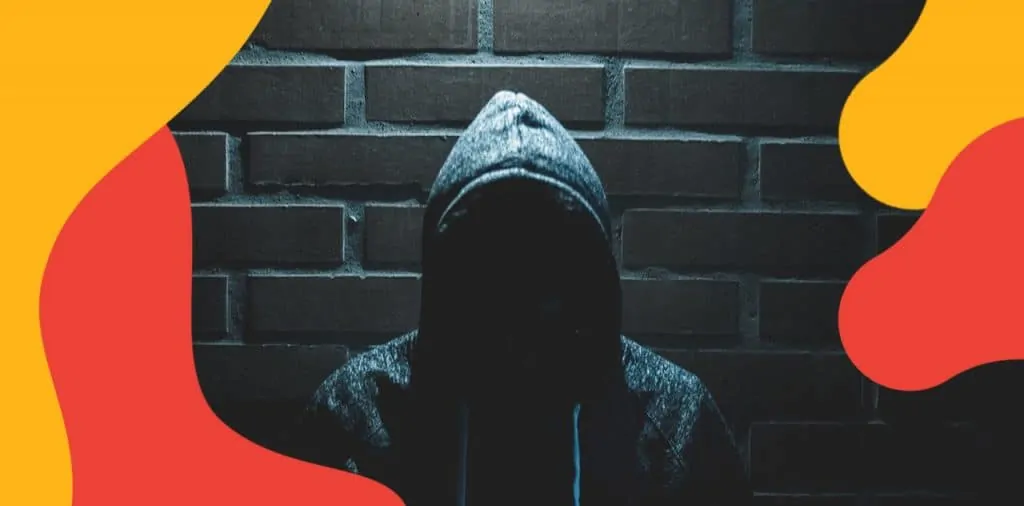
The main concern of our parents when we were young, was that their kids could be the target of bullies in the school or at the playground. But the kids felt safe at home.
Gen Alpha kids can be the victims of bullies even when they are at home. Cyberbullying is a new form of bullying which includes social and verbal harassment and physical threats with the use of technology in some way.
The proportion of children who’ve been a victim of cyberbullies ranges between 7% and 40%. In most countries, more than 20% of children experienced victimization. There is no substantial gender difference in victimization or aggression.
Most children who are victims or who are aggressors say that this happens only sporadically. But it is important to consider that those sporadic incidents might also have a significant impact on children’s well-being. This means that the consequences of this behavior could be long-lasting.
Did those numbers scare you?
Letting your kid surf the Internet without parental supervision can yield some unexpected consequences for your child. Which include, but are not limited to cyberbullying, exposure to inappropriate content and so on. But this does not mean that you should unplug your little ones from screens, or that you should spy on your kid’s online activities. On the contrary, as a parent, you should strive to educate your children on how to be safe online.
Microsoft asked 1,000 adults, both parents, and non-parents, “How old is too young for kids to go online unsupervised?” And the answer was eight years old. And when it comes to kids under the age of seven, then 41% of parents allow them to use a gaming console unsupervised, 40% allow unsupervised access to a computer and 29% of parents allow their kids to use mobile apps unsupervised.
How to Approach Your Kids
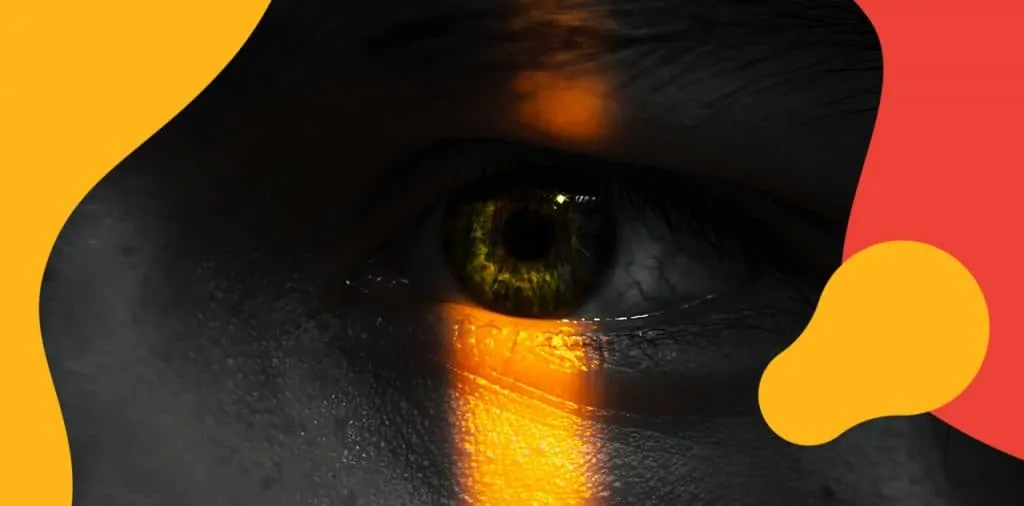
Parental supervision might sound harsh, but in reality, it refers to the initial period when you teach your child how to navigate the world of the Internet. The first advice would be to spend time with your child while they surf the internet. Track the activities, reaction on certain content and implement some of the important advice:
- limit the online time;
- explain why is it important not to give out any personally identifying information to another individual or website online;
- make sure a child understands that not everything they see or read online is true;
- make use of the parental control features to restrict access to “chat lines,” and inappropriate websites;
- allow your child to have an individual email address when they are mature enough to manage it;
- teach a child to use the same courtesy in communicating with others online as they would if speaking in person and to avoid inappropriate language;
By doing this, you are building a trusted relationship with your kid and you are closer to the decision to let him be online without your direct control. As a parent, you can help them feel safe on the Internet and make their online experience useful and pleasant.